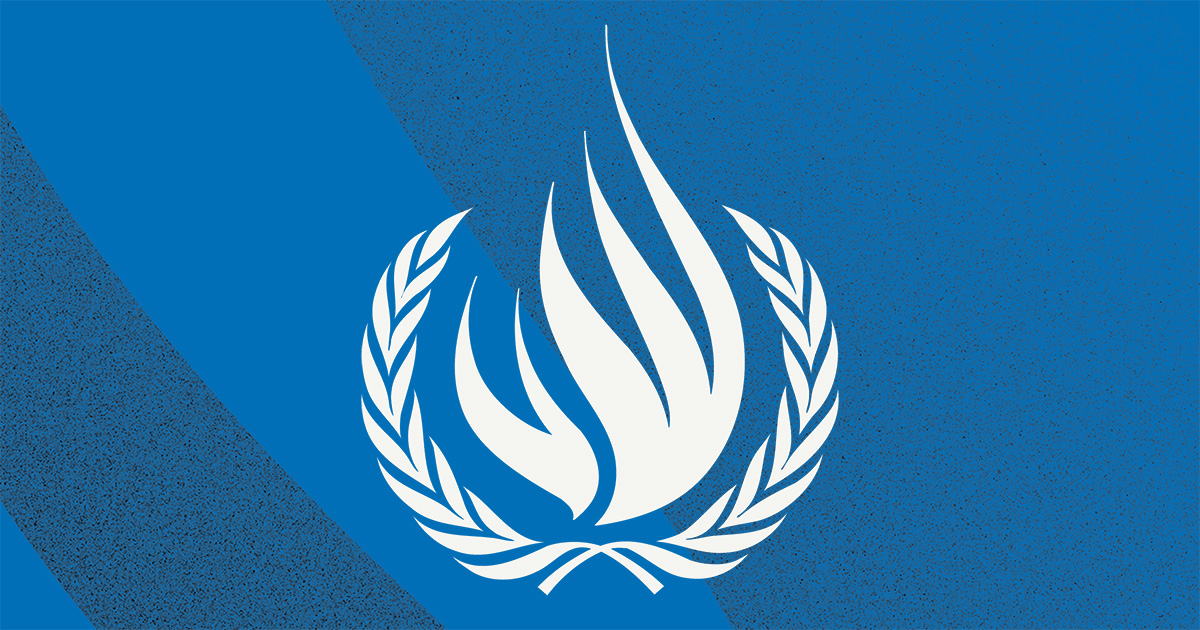
A decade after the launch of the Istanbul convention, the landmark human rights treaty to stop gender-based violence, women are facing a global assault on their rights and safety, according to campaigners.
This week marked 10 years since the first 13 countries signed up to the convention, seen as a turning point in efforts to address violence against women.
Yet despite 46 countries signing the treaty, the world has become gripped by a pandemic of violence against women, exacerbated and exposed by Covid-19, according to a UN envoy.
“The Covid pandemic revealed what was happening before,” said Dubravka Šimonović, UN special rapporteur on violence against women. She said across the world there had been a stark increase in calls to domestic violence helplines, reports of women missing or killed, and a lack of safe places for those fleeing abuse.
“We have a pandemic of violence against women that was not addressed properly in a huge number of states,” she said.
The rise in violence against women and girls has been mirrored by a political backlash against the convention – the first international legally binding framework to prevent domestic violence, protect survivors and promote equality.
In March, to widespread domestic and international condemnation, Turkey, the birthplace of the convention, announced it would be pulling out of the treaty from July.
Turkey’s withdrawal from the convention capped years of escalating anti-feminist, anti-women and anti-LGBTQ+ rhetoric by its politicians, including the president, Recep Tayyip Erdoğan.
Erdoğan has publicly and repeatedly stated that he does not believe in equality between men and women and his government has increasingly linked women’s safety to remaining at home with their families and having more children.
“We lost a safety net,” said Elif Ege, of the women’s refuge organisation Mor Çati in Istanbul. “The Istanbul convention was not implemented properly at all over the years … but it doesn’t mean it was completely ineffective; it was a significant tool in the hands of feminist organisations.”
In Ukraine there has been strong opposition to the signing and ratification of the convention from religious groups who perceive it to be a threat to “family values”.
Halyna Fedkovych and Marta Chumalo from Women’s Perspectives, a Ukrainian women’s rights organisation, said they had received twice as many calls for help and women faced increasing barriers to accessing justice. They point to a recent case in which a woman with a 15-month baby had been beaten by her husband. When social services arrived, they berated her and called her a bad mother because the floor was dirty.
Miroslava Bobáková, co-director of the Slovak-Czech Women’s Fund, said in Slovakia, which has also signed the treaty, the convention is increasingly seen as “an essence of evil”. The situation in the country is especially dire for single mothers, women living in poverty and those from the Roma community.
In Mexico, 10 women are killed on the basis of gender every day. In Peru between March and July 2020, there were 11,000 instances of violence against women, according to the ministry of women, with almost 30% of those attacked under the age of 18.
In Egypt, which has never signed the Istanbul convention, there have been increasing attempts to silence feminist activists for violating so-called family values.
“Not having a public sphere to discuss things brings violence,” said Mozn Hassan, of the women’s rights organisation Nazra. Both Hassan and her organisation face repeated harassment by the state.
Yet campaigners and women’s rights groups have insisted that the Istanbul convention remains a powerful weapon in the fight to end gender-based violence.
“Despite the pushbacks we do see improvements,” said Šimonović. “Even before the ratification, the 34 states who signed [the convention] have had to implement new laws to protect women.”












